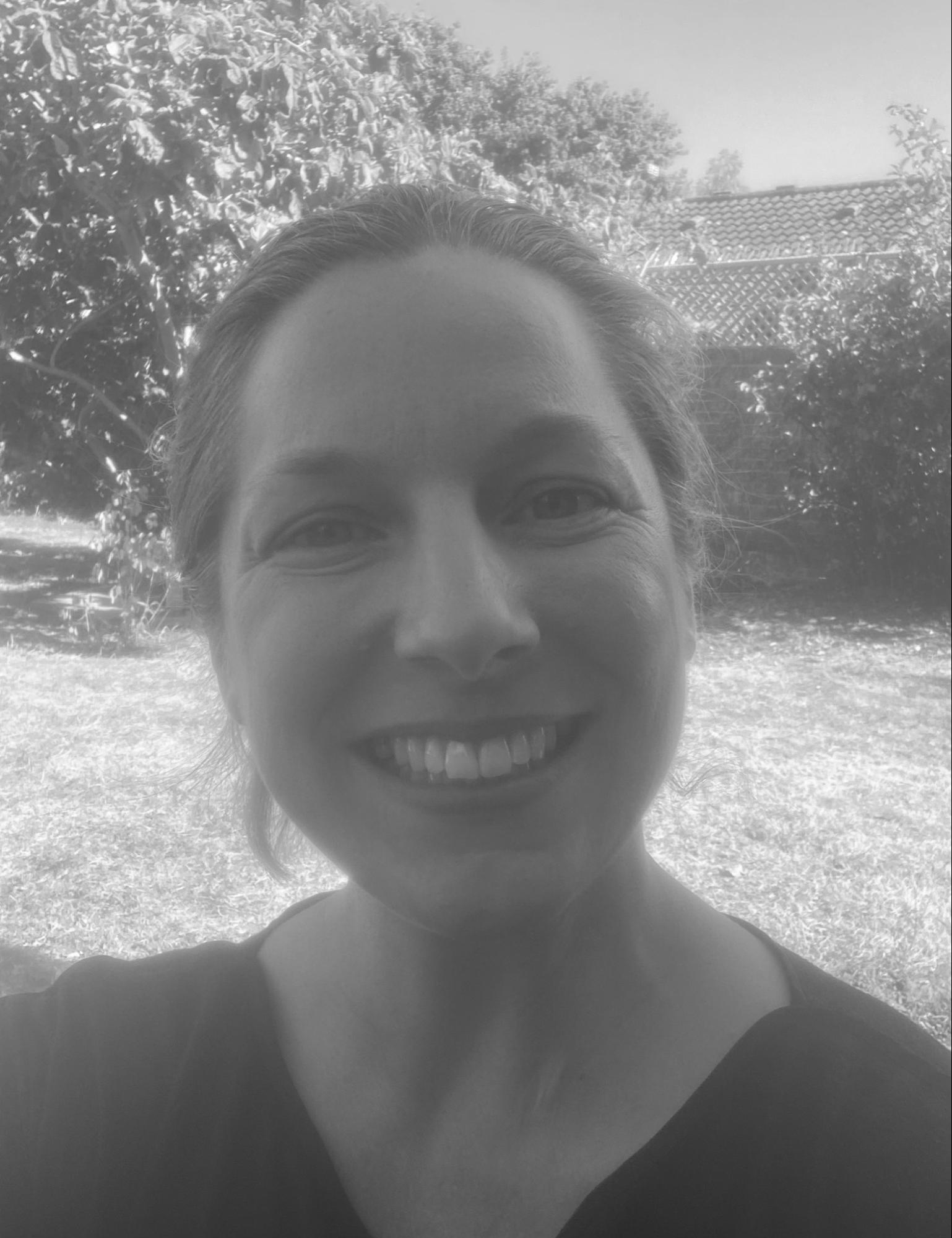Making Soluble Salts
- A soluble salt can be made from the reaction of an acid with an insoluble base
- During the preparation of soluble salts, the insoluble reactant is added in excess to ensure that all of the acid has reacted
- If this step is not completed, any unreacted acid would become dangerously concentrated during evaporation and crystallisation
- The excess reactant is then removed by filtration to ensure that only the salt and water remain
- Since all of the acid has reacted and the excess solid base has been removed then the solution left can only be salt and water
- The water is evaporated by heating until small crystals begin to appear
- This is typically once half of the water is left
- Allowing the filtered solution to evaporate slowly over a period of days results in the formation of larger crystals
- If a carbonate was used as the solid base instead of an oxide or hydroxide, then any carbon dioxide gas produced would have been released into the atmosphere
- A common example is the preparation of copper(II) sulfate which can be made with copper(II) oxide and dilute sulfuric acid:
CuO (s) + H2SO4 (aq) ⟶ CuSO4 (aq) + H2O (l)
Copper sulfate crystals

After filtering and heating copper sulfate crystals will form. Larger crystals will form if the water in the solution is left to evaporate slowly
Photo by Wikimedia commons
- The acid could also be reacted with a metal to produce the salt, as long as the metal is above hydrogen in the reactivity series and not too reactive so that a dangerous reaction does not take place
Examiner Tip
Exam questions often ask why the solid oxide is added in excess. This is done to avoid leaving any unreacted acid which would become dangerously concentrated during evaporation and crystallisation.

